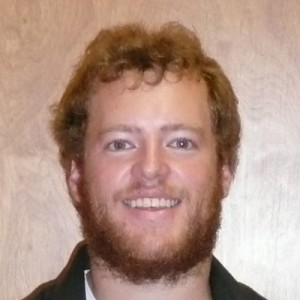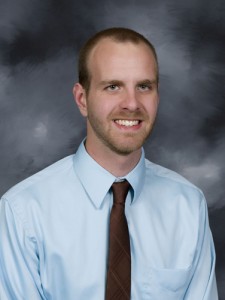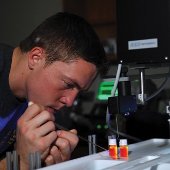Komal Tayal’s tandoori chicken recipe placed second overall in a cookbook competition sponsored by the Daily Mining Gazette.
Tayal won a gift certificate for one of the businesses that advertised in the cookbook. Her recipe and Sahil Thakkar’s phada lapsi are featured in the ethnic section of the 2010 cookbook, published just before Christmas.
Tayal is a graduate student in mechanical engineering. Thakkar is an undergraduate in electrical engineering technology. Both are from India.
Published in Tech Today.



